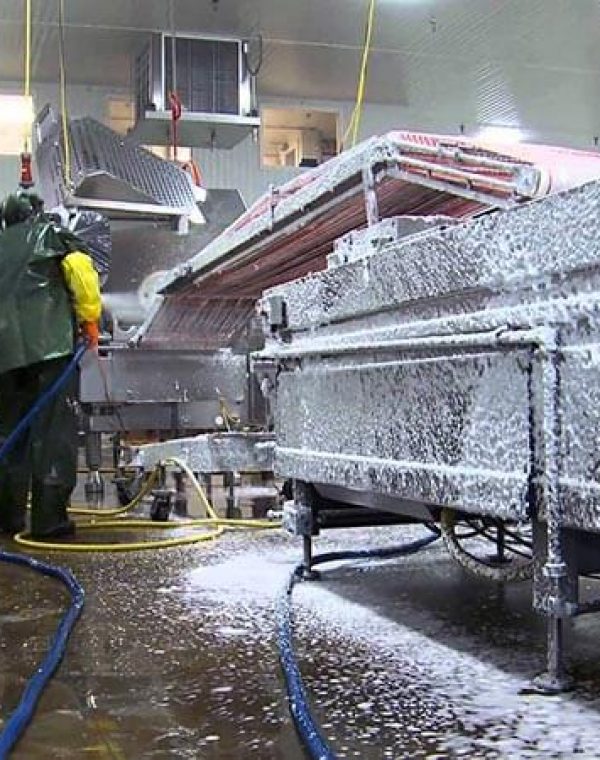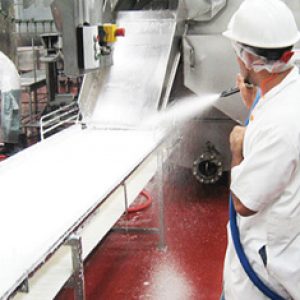Stay tuned for updates
How we manage Hygiene and Cleanliness at your place



Cleaning plays a vital role in our daily lives. Whether it is personal hygiene, such as washing our hands before eating or covering our mouths when coughing, or environmental cleanliness, effective cleaning is our first line of defence against viruses and infectious diseases.
While the practical value of cleaning is widely recognised in healthcare settings, it is only seen as a necessary expense in other fields such as education, property management, food service, and hospitality.
Lack of hygiene and cleanliness is an open invitation to infectious disease. Effective cleaning should be an important part of a greater plan to create healthier indoor environments by eliminating contaminants that can make people sick.
Washing hands thoroughly reduces the possibility of contaminating food with bacteria.
Washing hands thoroughly with soap and warm water, paying special attention to the backs of the hands, wrists, between the fingers, and under the fingernails.
Immediately after washing the hands thoroughly, we should dry them. Always use a clean towel, disposable paper towel, or an air dryer to dry hands. The most important thing is that the hands are completely dry. We should never dry our hands with a tea towel or our clothes.
In hospitality and culinary services maintaining cleanliness and hygiene is a vital part. Aside from personal hygiene, the kitchen should be a top priority. However, we need to keep in mind that regular cleaning is the greatest method to avoid recurring battles.
It is always better to be cautious than sorry. As a result, the most practical solution is to maintain a level of regular cleanliness in the kitchen such that the only goods required to keep it that way are simple ones like soap, water, and disinfectants.
There are a number of factors that might decide the future of a restaurant, and one of them is the level of hygiene. Restaurant hygiene is important not only for protecting the health and safety of employees and guests, but it also plays a significant part in defining a restaurant’s perception.
Customers are becoming increasingly picky about where they eat out. They want a facility that is clean and serves hygienic meals, in addition to wonderful food. After preserving food quality, we may conclude that hygiene is the second most critical component in running a restaurant. As a result, one crucial factor that might help your restaurant survive in the food sector is hygiene.
Regular inspections and sanitization of kitchen as well as the equipment are essential.A restaurant manager should create a checklist of the specific cleaning duties and tasks that must be completed in the restaurant on a daily basis. Keeping the checklist up to date will ensure that all of the necessary tasks are completed.When it comes to maintaining a good standard in your restaurant, keep hygiene in mind.


A home’s kitchen is its heart and soul. It is a location where people prepare healthy and delicious meals for their families while practising good kitchen cleanliness. An unsanitary cooking area may attract insects and rats, making the cooking area a breeding ground for disease. Keeping the kitchen untidy can lead to hazardous cooking and put you at risk for ailments such as food poisoning, stomach infection, and others. As a result, hygiene is of the utmost importance.

